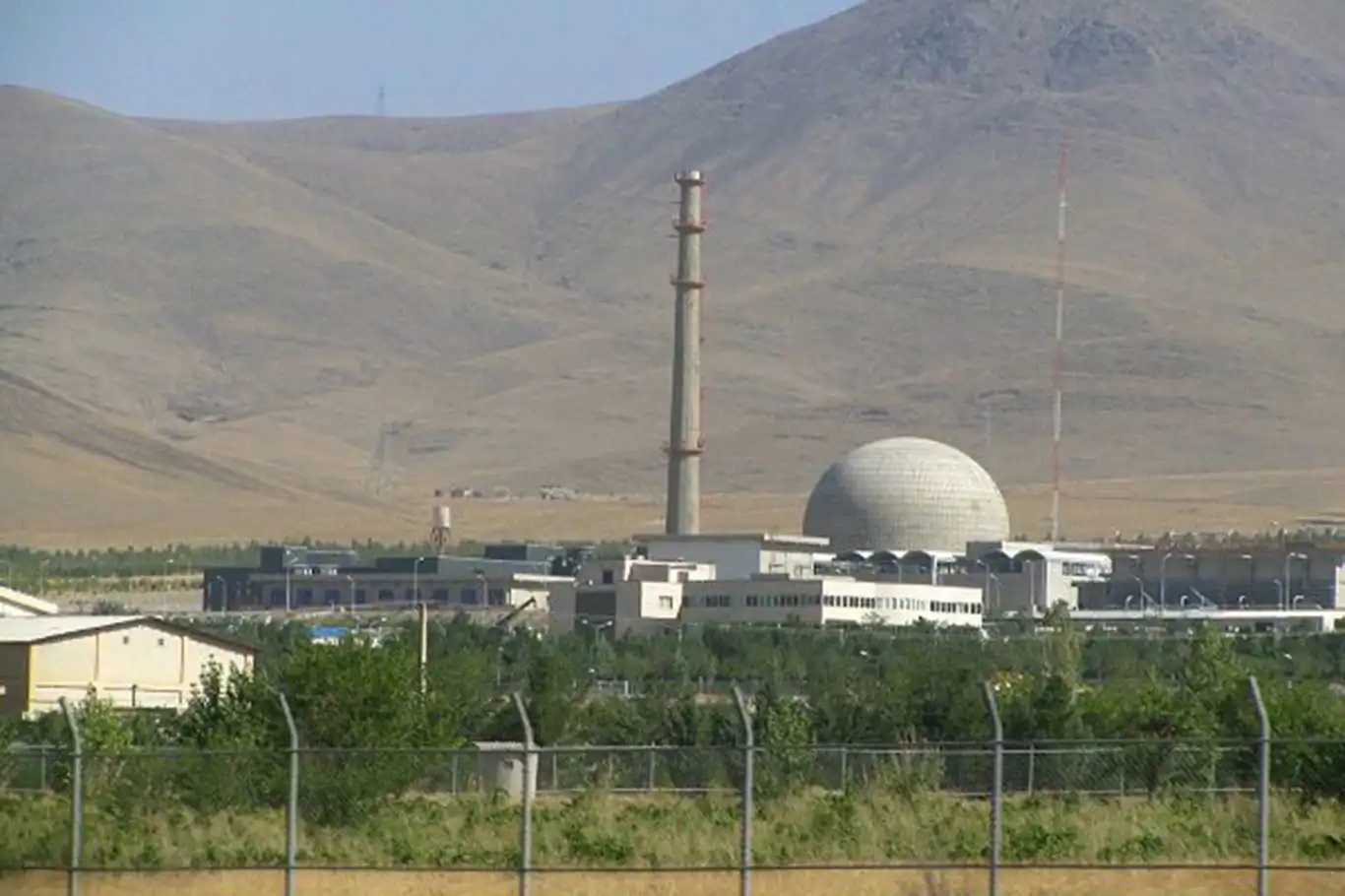Europe threatens Iran with UN sanctions 'snapback' over nuclear deal stalemate


Tensions are once again rising over Iran’s nuclear programme as top European diplomats warned Tehran they are prepared to trigger the UN "snapback" mechanism—reimposing international sanctions—if no meaningful progress is made toward reviving the 2015 nuclear deal by the end of the summer.
According to a statement by France’s foreign ministry, the foreign ministers of the UK, France, Germany, along with the European Union’s foreign policy chief, held a phone call with Iranian Foreign Minister Abbas Araghchi this week. In the call, the European parties conveyed their “determination to use the snapback mechanism in the absence of concrete progress” toward a renewed nuclear agreement.
The snapback clause, embedded in the original Joint Comprehensive Plan of Action (JCPOA), allows parties to reinstate all UN sanctions on Iran if it is found in significant non-compliance. The threat comes amid increasing diplomatic strain following a series of Israeli and US airstrikes on Iranian nuclear facilities in June, which disrupted ongoing indirect negotiations between Tehran and Washington.
Responding to the European ultimatum, Iranian Foreign Ministry Spokesman Esmaeil Baghaei denounced the threat to invoke the snapback mechanism, calling it “baseless, unethical, and legally void.” Speaking at a press conference on Monday, Baghaei accused the European parties of political maneuvering and failing to meet their own JCPOA obligations.
“With recent developments in the past few weeks, resorting to such an unfounded mechanism—lacking legal, ethical, or political grounds—is more meaningless than ever,” Baghaei said.
He reaffirmed that Iran still considers itself a party to the JCPOA and insisted that Tehran’s reduction in commitments was a lawful response to “blatant violations” by the US and European powers. “This right is clearly outlined in the JCPOA framework,” he added.
The diplomatic rift comes in the wake of five rounds of indirect US-Iran talks mediated by Oman. These talks, led by Iran’s Foreign Minister Abbas Araghchi and US special envoy Steve Witkoff, were reportedly making cautious progress until the negotiations were derailed by a string of Israeli strikes on key Iranian nuclear infrastructure in June—actions Iran has described as unprovoked acts of sabotage.
European diplomats have called for a swift return to diplomacy, warning that time is running out. But Iran’s position remains firm: the path to a negotiated solution lies in full respect for the JCPOA and an end to what it sees as coercive pressure and selective enforcement.
The looming threat of reimposed UN sanctions reflects a widening divide between Iran and Western signatories of the nuclear deal. While Europe seeks rapid progress and renewed restrictions on Iran’s nuclear activities, Tehran maintains that trust cannot be rebuilt without genuine commitment from all parties—particularly after the US withdrawal from the deal in 2018 and years of non-compliance by Europe.
As the end-of-summer deadline approaches, regional tensions and diplomatic posturing continue to cast a shadow over hopes for reviving the JCPOA. Iran has urged international stakeholders to reject what it calls “illegal pressure tactics” and to instead engage in fair, reciprocal negotiations. (ILKHA)
LEGAL WARNING: All rights of the published news, photos and videos are reserved by İlke Haber Ajansı Basın Yayın San. Trade A.Ş. Under no circumstances can all or part of the news, photos and videos be used without a written contract or subscription.
The Palestinian Resistance movement Hamas has declared that the Israeli occupation is suffering mounting strategic and moral defeats in its ongoing assault on Gaza, asserting that the only path remaining for “Israel” to secure the release of its captives is through a prisoner exchange deal dictated by the Resistance.
The Israeli occupation forces continue to unleash an unrelenting wave of death and devastation across the besieged Gaza Strip, with more than 100 Palestinians killed in just the past few hours amid intensified airstrikes, shelling, and naval assaults.
Iran’s Foreign Ministry has categorically dismissed U.S. allegations of military shipments from Iran to Yemen, labeling them as baseless and part of a deliberate media campaign to smear the Islamic Republic.
The United Nations has voiced grave concern over escalating sectarian violence in Syria’s southern city of Suweida, condemning what it describes as “widespread violations and abuses,” including summary executions and arbitrary killings.